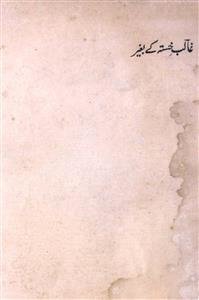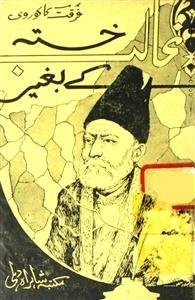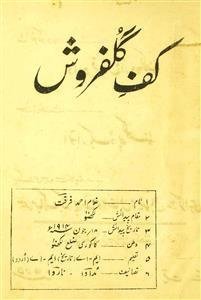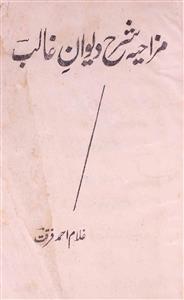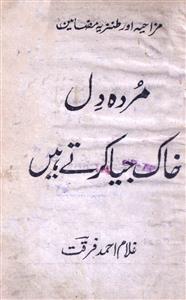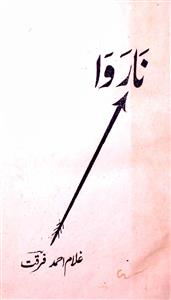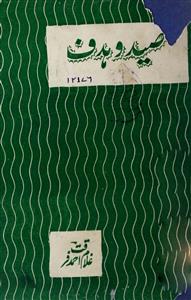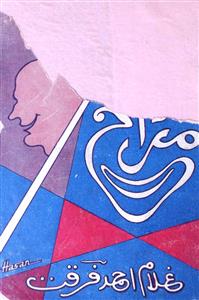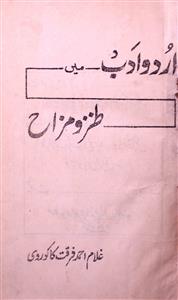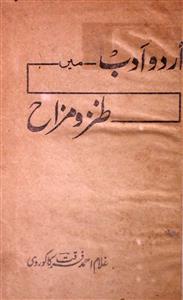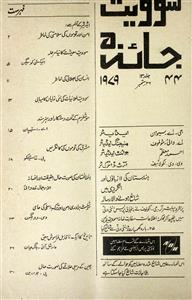 For any query/comment related to this ebook, please contact us at haidar.ali@rekhta.org
For any query/comment related to this ebook, please contact us at haidar.ali@rekhta.org
About The Author
Ghulam Ahmed Furqat Kakorvi was born at Kakorvi (U.P.) in 1914. He lost his father at the age of nine and was burdened at a tender age, with managing the household expense, all by himself. He made a meagre income by selling the newspaper, Haqiqat, which was run by his maternal uncle, Anees Ahmed Abbaasi. He spent his spare time in self-study and passed his Intermediate examination. At the same time, he started writing a column: Kaf-e-Gulfarosh, in the news magazine, Haqiqat. By dint of hard work and perseverance, he passed his B.A. examination and also obtained M.A. degrees in Urdu and History. He did various odd jobs, including that of a tailor, to eke out his living. He also worked in the secretariat and in a publicity firm for some time. He was later appointed as a teacher of History, first at Kanpur, and then at Anglo-Arabic College, Delhi (named Delhi College, and Zakir Hussain College, successively.)
Among his writings may be mentioned: Narawa, Said-o-Hadif, Kaf-e-Gulfarosh, Murda Dil Khak Jeaa Karte Hain, Ghalib-e-Khasta Ke Baghair. He has also written a humorous interpretation of Ghalib, and a book on humour and satire in Urdu. He was given the Urdu Akademy of Kanpur award for his book: Qadamche.
Furqat was a humorous poet and a scholarly critic of humorous poetry. He was especially interested in the art of parody. Progressive poetry, written in free verse and blank verse, was a favourite target of his satire. Humorous interpretation of Ghalib may be called his special contribution, for, by concentrating humorously on Ghalib, he was able to draw the readers' attention to the poet's work and art. In addition, he expended his satirical art in exposing some of the social evils of the day, such as overpopulation and profligacy.
 For any query/comment related to this ebook, please contact us at haidar.ali@rekhta.org
For any query/comment related to this ebook, please contact us at haidar.ali@rekhta.org
Write a Review
Jashn-e-Rekhta 10th Edition | 5-6-7 December Get Tickets Here
